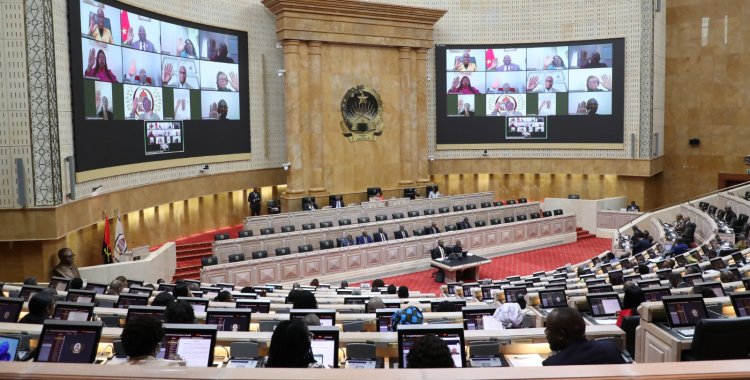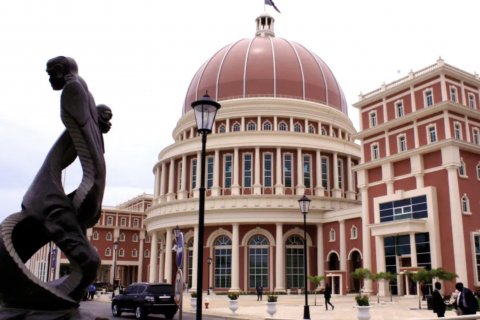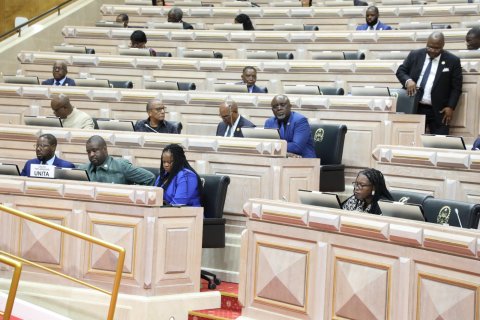The proposed National Security Law was approved this Wednesday in its entirety by the plenary session of the National Assembly with 108 votes in favour, zero against and 71 abstentions from the National Union for the Total Independence of Angola (UNITA).
The legal instrument, approved in its general terms last January, highlights that the current law "is not in line with the Constitution of the Republic of Angola" and the instrument arises from the need to conform it to the current organisation and functioning of the national security system.
The current reality shows that the challenges to national security are transversal and require greater involvement of the citizen, better articulation and coordination of the sectors, institutions, bodies and services of the national security system, in order to guarantee stability and sustainable economic and social development against any threats and risks.
Pedro Neto, a member of parliament from the Popular Movement for the Liberation of Angola (MPLA), said in his explanation of vote that his party voted in favour of the law because it "incorporates robust but consistent measures to prevent and combat threats to national security".
"This law is essential for preserving the stability and social peace that is much demanded but not always defended", said the deputy, highlighting that national security is one of the fundamental pillars for maintaining public security and protecting citizens' rights and freedoms.
UNITA's abstention was justified by deputy Faustino Mumbika, who stated that it represents a "wake-up call" that the national security system "is a very sensitive issue, which throughout the historic peace negotiation process has never been addressed with due openness, seriousness and state commitment".
This abstention is a "vehement appeal" to members of the intelligence services, since the "levels of misery, extreme poverty and fragility of public institutions have causes: embezzlement, overcharging and corruption".
These problems are "a serious threat to national security and the well-being of future generations that require full attention and immediate action", he pointed out.
Under this law, civil servants, administrative agents of public and private companies and others have the duty to report to the sectors, institutions, bodies and services of the national security system any facts that they become aware of in the exercise of their functions, or because of them, that constitute risks and threats to national security, providing for "disciplinary or criminal liability" in the event of violation.
In this session, the deputies also approved the proposals for the Basic Law of the National Vocational Training System, the law that amends the Organic Law of the National Assembly, and discussed resolutions on international labor standards.
The discussion and vote on the draft resolutions that approve the regulation on the organization and operation of the parliamentary radio and TV channel and that establish the amount of the parliament's budget allocation for the 2025 financial year are items on the agenda that will be discussed behind closed doors.







